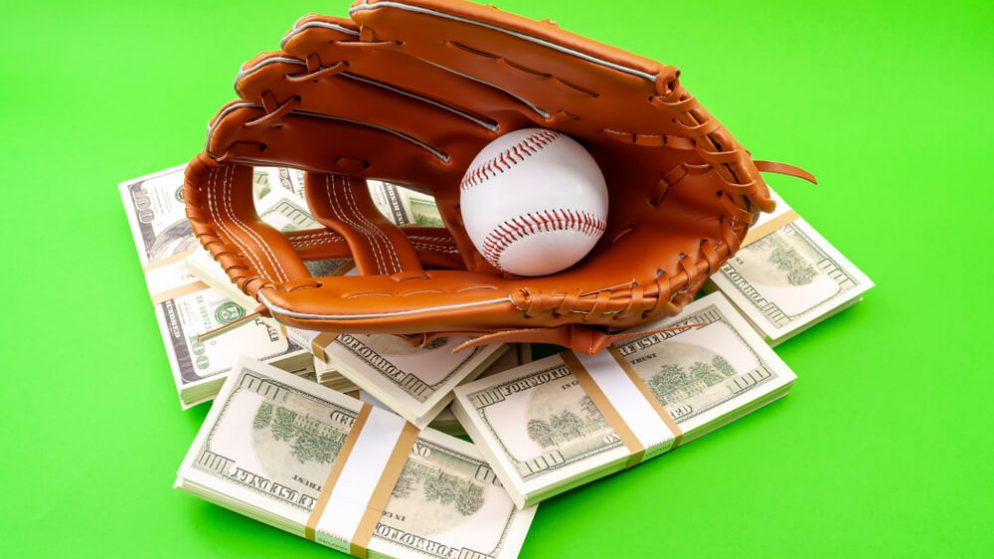

Illinois sports bettors may soon be able to get in on the action when it comes to the state’s college teams. Since sports wagering became legal last year, placing bets on in-state collegiate teams has not been allowed. But recently, state lawmakers passed a bill that would change that. Once Governor JB Pritzker signs the bill into law, sports bettors will be able to wager on Illinois college teams.
However, there is one caveat; collegiate sports bets will only be accepted at a retail location. Also, bets can only be placed on the final outcome of the sporting event.
The in-state college betting amendment is one part of a gaming bill that also includes a sportsbook at South Loop’s Wintrust Arena. Wrigley Field and the United Center can also open a retail sportsbook, but have not yet applied with state gambling regulators.
What we cover
The Move to College Sports Wagers is Not Without Criticism
Some say that the ban on college sports betting helps to protect student-athletes from increased pressure to perform, as well as online harassment. For one, Josh Whitman, the University of Illinois athletic director, wanted lawmakers to keep the ban on college sports betting. He points to what he characterizes as the daily social media vitriol that threatens the physical, emotional, and mental health of student-athletes.
On the other hand, some say the in-state ban prevents the state’s burgeoning sports betting industry from reaching its full potential. That’s especially true when Illinois residents can take a short drive to Indiana to place bets on their state’s college teams. They can also easily place college team bets on illegal offshore betting sites.
With this in mind, state lawmakers chose to take the “middle ground” by requiring in-state college wagers to be placed in person. But, most sports bets are placed online; some believe the state is losing millions of dollars in possible tax revenue by prohibiting mobile sportsbooks from accepting wagers.
The amendment also limits wagers to the final score of the game and also prohibits bets on an individual athlete’s performance. Right now, the amendment is valid for two years and will expire unless it’s renewed.
An Incremental Step to Removing All Restrictions on College Sports Wagers
While the change only benefits retail sportsbooks, some see it as an incremental step toward entirely lifting the ban. But as it is, it won’t be a boon to the state’s gambling market, since around 97% of bets are placed on mobile devices.
However, banning gambling on in-state college games is not unusual; of the 21 states that have legalized sports betting, 12 do not allow for wagers on in-state games. But, that doesn’t mean a state can’t reverse course. New Jersey now allows for in-state collegiate bets, and Illinois will soon follow suit.
NCAA Prohibits Its Student-Athletes from Gambling on Games
NCAA rules prohibit its student-athletes from participating in any type of sports betting activity. Not only that, the rules prohibit athletes from providing insider information to anyone involved in any sort of sports betting activity associated with NCAA games.
Obviously, this has the potential to undermine the integrity of the games. Not only that, it could harm the well-being of student-athletes. For one thing, the highly competitive nature of an athlete also makes them prone to gambling addiction. The NCAA believes that its sports competitions should be about the spirit of the game, and not for any profit.
But, that doesn’t stop NCAA athletes from gambling; a 2016 study of around 23,000 NCAA student-athletes discovered that 55% of male students reported gambling, and 24% reported violating the NCAA rules by betting on sports.
There is also the risk that a bookie could bribe a student-athlete to fix a game. In fact, former mob boss Michael Franzese says that student-athletes today are more likely to fix a game; compared to his generation, Franzese feels that young people today don’t have as much respect for the rules.
Franzese should know, he’s fixed a few games himself. His first step was to find a college athlete who owed a bookie money. Once the athlete was in way over his head, the mob boss would offer him an out, by fixing a game. Usually, it was to shave points to affect the points spread. A second avenue Franzese used to fix games was to bribe the referees.
Franzese is no longer an associate of the Colombo crime family. Today, he is a lecturer and an author, providing insight into things like the dark side of collegiate sports betting.






